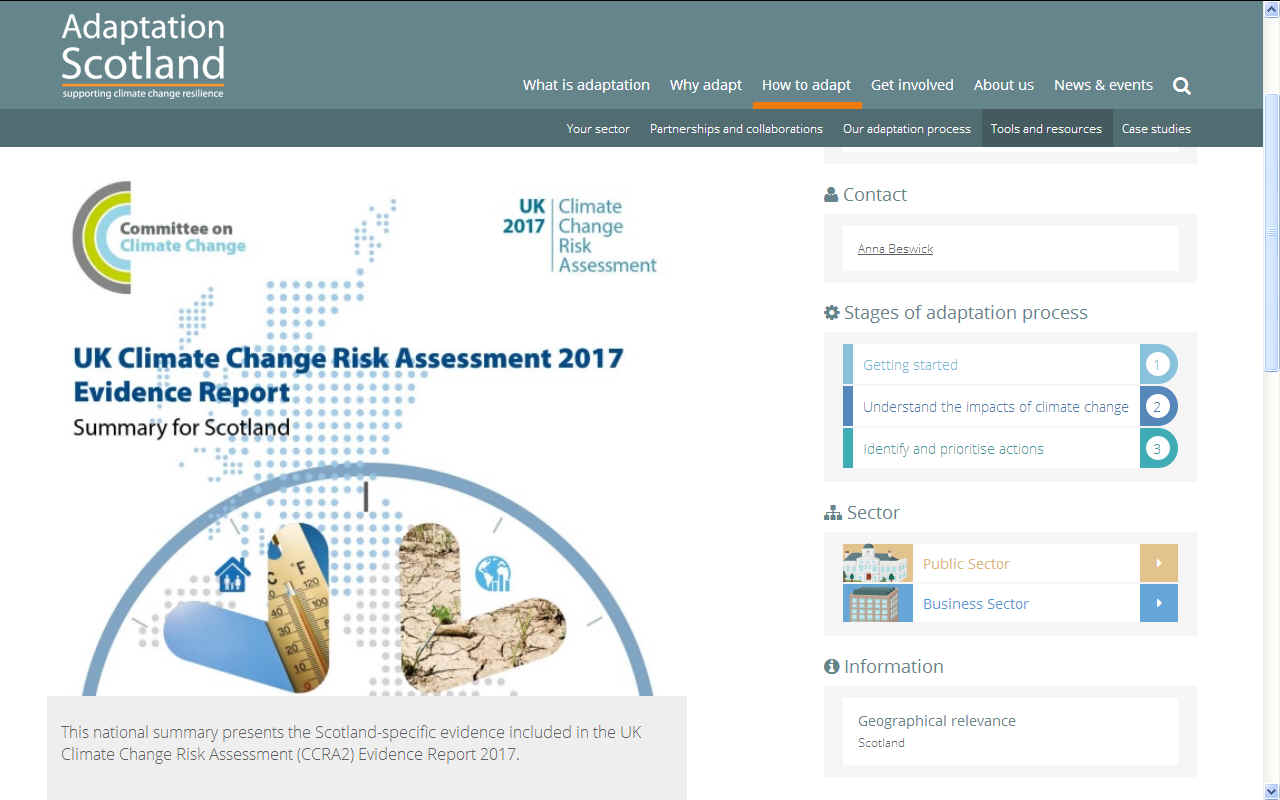
THE
LAW - The UK Government is required under the 2008 Climate Change Act to publish a UK-wide Climate Change Risk Assessment (CCRA) every five years. The Act stipulates that the Government must assess ‘the risks for the United Kingdom from the current and predicted impacts of climate change’.
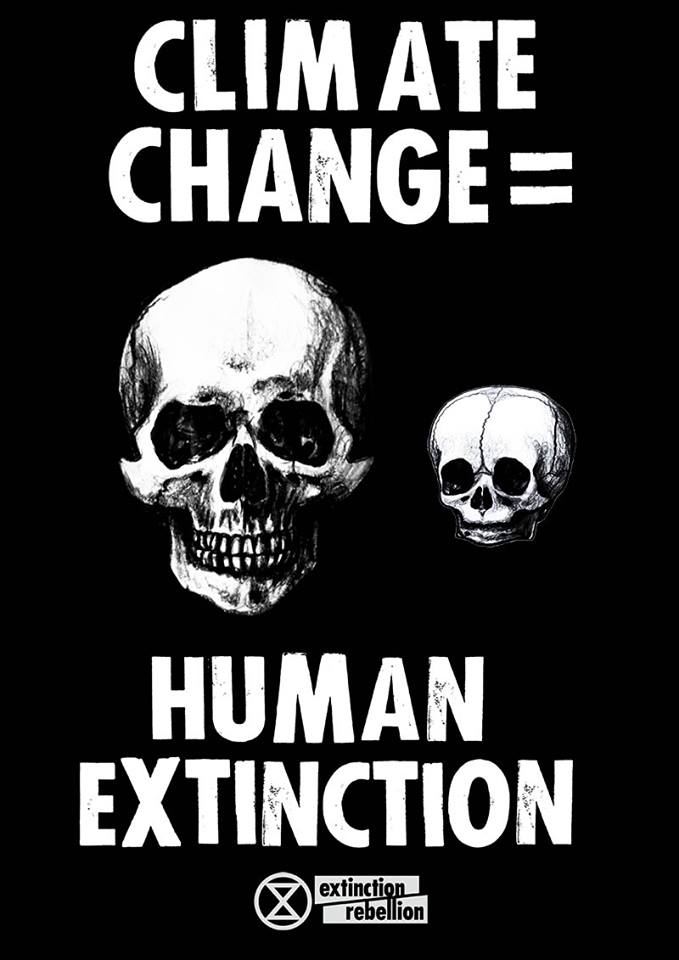
SIX
STEPS TOWARD A COOLER PLANET
1.
TRANSPORT:
Phase out polluting vehicles. Governments aims to end the sale of new
petrol, and diesel vehicles by 2040 but have no infrastructure plan to
support such ambition. Marine transport can be carbon neutral.
2.
RENEWABLES:
Renewable energy should replace carbon-based fuels (coal, oil and gas)
in our electricity, heating and transport.
3.
HOUSING:
On site micro or macro generation is the best option, starting with
new build homes.
4.
AGRICULTURE:
We need trees to absorb carbon emissions from a growing population,
flying, and to build new homes. Reducing food waste and promoting less
energy intensive eating habits such as no meat Mondays.
5.
INDUSTRY:
Factories should be aiming for solar heating and onsite renewable energy
generation.
6.
POLITICS:
- National governing bodies need to adopt rules to eliminate
administrative wastages, to include scaling down spending on war machines,
educating the public and supporting sustainable social policies that mesh
with other cultures.
The
UK is making noises about climate change, but not actually doing a great
deal about it. From our experience local authorities are not bright enough
and too far entrenched in policing development to be able to encourage the
right kind of houses for a sustainable future.
Ministers
can huff and puff, but they will not blow council's policies down.
Councillors are for the most part mature and set in their ways and long
serving officers have too many fingers in existing pies with favored
developers and other professional chums - who let us face it - do not want
either affordable or sustainable housing, because there would be less of a
slice of cake to divide up. Brown envelopes would turn to white and
evaporate as lawful practices became implemented as set down by Her
Majesty's Parliament.
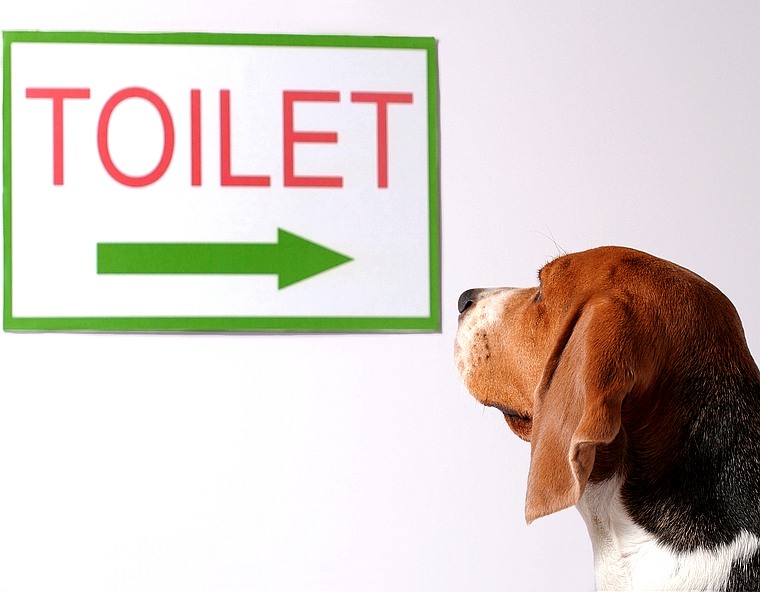


HOUSE TRAINING
COUNCILS - Making councils obey the law of the land is incredibly
difficult where institutionalized discrimination is rife and there are too
many vested interests for them to be able to do the right thing. We need
then to look at how we train animals not to foul our houses, for guidance
on how to treat officers and members that are well versed in controlling
development to suit their pockets, rather than the pocket of all those
young families that cannot afford to live.
Toilet training steps
for animals:
When you recognise the signs that your dog is thinking about going toilet:
Take them to the correct place so that you can reward them when they go. Try to take them to the same place each time.
When they begin to toilet use a command they can associate with the correct behaviour, eg. ‘be quick’.
When they’ve finished reward them immediately with lots of praise, a treat or play.
Before going back inside, walk your dog around or play for a bit. This way they don’t learn that going to the toilet ends time outside, which could mean they hold onto the last minute before going.
If you notice your dog about to go in the wrong place, interrupt them but in a way that doesn't punish them. Take them calmly towards the correct place and give them lots of praise when they toilet there. Don’t shout otherwise your dog may learn that it’s only safe to go when you’re not around.
Toilet training your puppy should be quite a simple process, as long as you take the time and trouble to get into a good routine.
Initially, you will have to build your routine around your puppy's needs, and these are reliably predictable when they are very young. Puppies need to urinate immediately after waking up, so you need to be there to take your puppy straight into the garden without any delay.
Eating its meal stimulates its digestive system, and puppies normally urinate within fifteen minutes of eating, and defecate within half an hour of eating (although this might vary slightly with each individual).
CLIMATE
CHANGE ACT 2008
The target for 2050
(1) It is the duty of the Secretary of State to ensure that the net UK carbon account for the year 2050 is at least 80% lower than the 1990 baseline.
(2) “The 1990 baseline” means the aggregate amount of—
(a) net UK emissions of carbon dioxide for that year, and
(b) net UK emissions of each of the other targeted greenhouse gases for the year that is the base year for that gas.
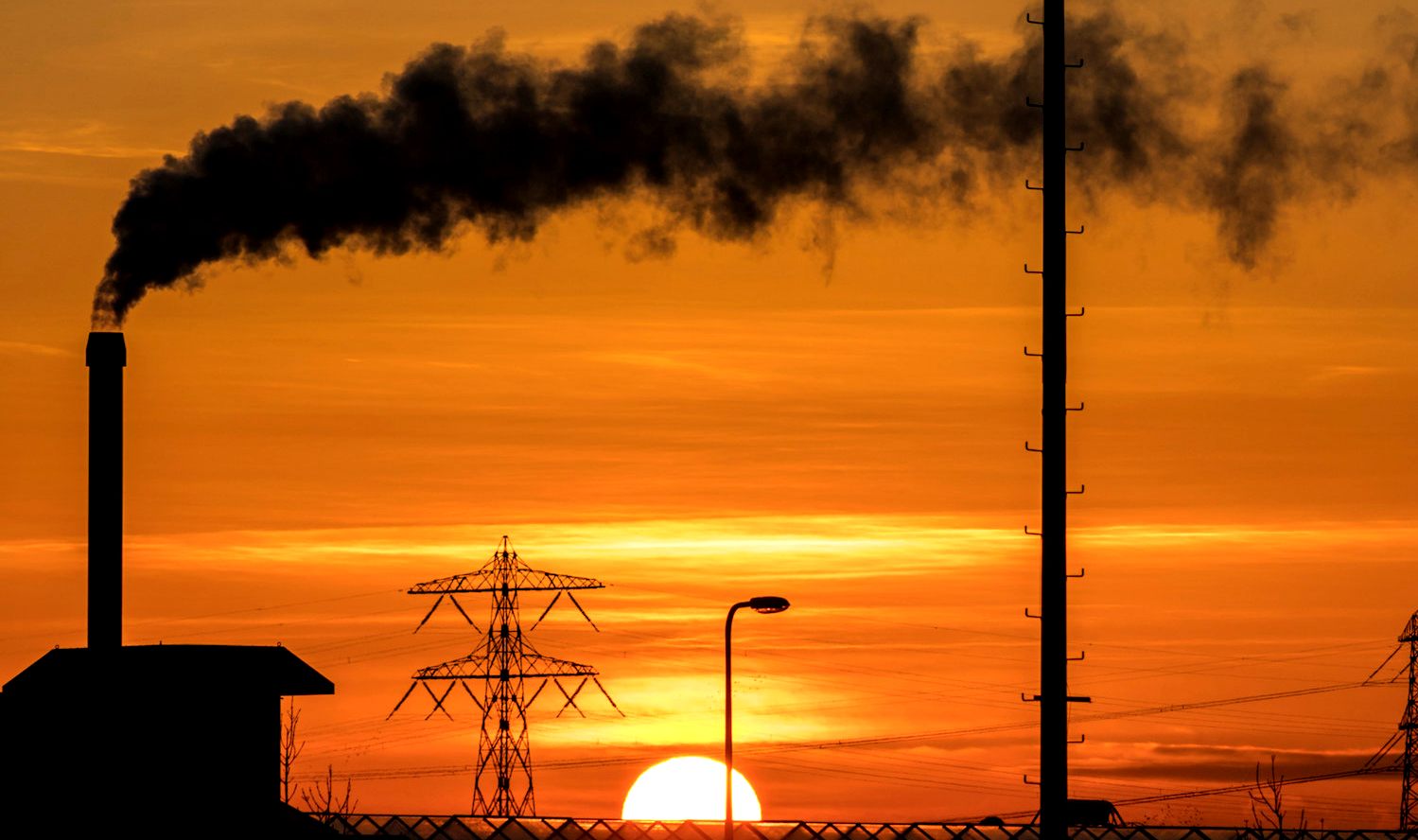
The
sun is setting on planet earth with global warming that is a massive
social issue confronting mankind and every other species - in some kind of
Anthropocene
Age of self destruction.
4 Carbon budgets
(1) It is the duty of the Secretary of State—
(a) to set for each succeeding period of five years beginning with the period 2008-2012 (“budgetary periods”) an amount for the net UK carbon account (the “carbon budget”), and
(b) to ensure that the net UK carbon account for a budgetary period does not exceed the carbon budget.
(2) The carbon budget for a budgetary period may be set at any time after this Part comes into force, and must be set—
(a) for the periods 2008-2012, 2013-2017 and 2018-2022, before 1st June 2009;
(b) for any later period, not later than 30th June in the 12th year before the beginning of the period in question.
24 Targeted greenhouse gases
(1) In this Part a “targeted greenhouse gas” means—
(a) carbon dioxide,
(b) methane,
(c) nitrous
oxide,
(d) hydrofluorocarbons,
(e) perfluorocarbons,
(f) sulphur hexafluoride, and
(g) any other greenhouse gas designated as a targeted greenhouse gas by order made by the Secretary of State.
(2)The order may make such consequential amendments of the provisions of this Act as appear to the Secretary of State to be necessary or expedient.
(3) Before making an order under this section, the Secretary of State must—
(a) consult the other national authorities, and
(b) obtain, and take into account, the advice of the Committee on Climate Change.
(4) As soon as is reasonably practicable after giving its advice to the Secretary of State, the Committee must publish that advice in such manner as it considers appropriate.
(5) If the order makes provision different from that recommended by the Committee, the Secretary of State must publish a statement setting out the reasons for that decision.
(6) The statement may be published in such manner as the Secretary of State thinks fit.
(7) An order under this section is subject to affirmative resolution procedure.
29 UK emissions and removals of greenhouse gases
(1) In this Part—
(a) “UK emissions”, in relation to a greenhouse gas, means emissions of that gas from sources in the United Kingdom;
(b) “UK removals”, in relation to a greenhouse gas, means removals of that gas from the atmosphere due to land use, land-use change or forestry activities in the United Kingdom;
(c) the “net UK emissions” for a period, in relation to a greenhouse gas, means the amount of UK emissions of that gas for the period reduced by the amount for the period of UK removals of that gas.
(2) The amount of UK emissions and UK removals of a greenhouse gas for a period must be determined consistently with international carbon reporting practice.
47 Relevant national authorities
(1) This section identifies “the relevant national authority” for the purposes of this Part.
(2) The Scottish Ministers are the relevant national authority in relation to matters within the legislative competence of the Scottish Parliament.
(3) The Welsh Ministers are the relevant national authority in relation to matters that—
(a) are within the legislative competence of the National Assembly for Wales, or
(b) relate to limiting or encouraging the limitation of activities in Wales that consist of the emission of greenhouse gas, other than activities in connection with offshore oil and gas exploration and exploitation.
(4) In subsection (3)(b)—
“Wales” has the same meaning as in the Government of Wales Act 2006 (c. 32); and
“offshore oil and gas exploration and exploitation” has the same meaning as in the National Assembly for Wales (Transfer of Functions) Order 2005 (S.I. 2005/1958).
(5) The Secretary of State or the relevant Northern Ireland department is the relevant authority in relation to reserved matters within the meaning of the Northern Ireland Act 1998 (c. 47).
(6) The relevant Northern Ireland department is the relevant authority in relation to all other matters within the legislative competence of the Northern Ireland Assembly.
(7) The Secretary of State is the relevant national authority in relation to all other matters.
78 Renewable transport fuel obligations
Schedule 7 contains amendments to the provisions of the Energy Act 2004 (c. 20) relating to renewable transport fuel obligations.
79 Carbon emissions reduction targets
Schedule 8 contains amendments to the provisions of the Gas Act 1986 (c. 44), the Electricity Act 1989 (c. 29) and the Utilities Act 2000 (c. 27) relating to carbon emissions reduction targets.
SCHEDULE 8 Carbon emissions reduction targets
Gas Act 1986 (c. 44)
1 (1)Section 33BC of the Gas Act 1986 (promotion of reductions in carbon emissions: gas transporters and gas suppliers) is amended as follows.
(2) After subsection (1) insert—
“(1A)The power to make orders under this section may be exercised so as to impose more than one carbon emissions reduction obligation on a person in relation to the same period or to periods that overlap to any extent.”.
(3) In subsection (5) (provision that may be made by an order under section 33BC in relation to the obligations it imposes), after paragraph (b) insert—
“(ba) requiring the whole or any part of a carbon emissions reductions target to be met by action relating to—
(i) persons of a specified description,
(ii) specified areas or areas of a specified description, or
(iii) persons of a specified description in specified areas or areas of a specified description;”.
(4) In subsection (13) (interpretation), at the appropriate place insert—
““specified” means specified in the order.”
Electricity Act 1989 (c. 29)
2 In section 6(9) of the Electricity Act 1989 (definition of “electricity distributor” and “electricity supplier”), at the appropriate place insert—
““electricity generator” means any person who is authorised by a generation licence to generate electricity except where that person is acting otherwise than for purposes connected with the carrying on of activities authorised by the licence;”.
3(1) Section 41A of that Act (promotion of reductions in carbon emissions: electricity distributors and electricity suppliers) is amended as follows.
(2) In subsection (1) (power by order to impose obligations on distributors and suppliers to achieve carbon emissions reductions targets)—
(a) before paragraph (a) insert—
“(za) on each electricity generator (or each electricity generator of a specified description);”, and
(b) in the closing words, before “distributor” insert “ generator, ”.
(3) After that subsection insert—
“(1A) The power to make orders under this section may be exercised so as to impose more than one carbon emissions reduction obligation on a person in relation to the same period or to periods that overlap to any extent.”.
(4) In subsection (3) (power for order to specify criteria by reference to which the Gas and Electricity Markets Authority is to determine targets), before “electricity distributors” insert “ electricity generators, ”.
(5) In subsection (4) (duty of the Secretary of State and the Authority to carry out functions under the section in a way that does not inhibit competition), for the words from “no electricity distributor” to the end of the subsection substitute “—
(a) no electricity generator is unduly disadvantaged in competing with other electricity generators,
(b) no electricity distributor is unduly disadvantaged in competing with other electricity distributors, and
(c) no electricity supplier is unduly disadvantaged in competing with other electricity suppliers.”.
(6) In subsection (5) (provision that may be made by an order in relation to the obligations it imposes)—
(a) in paragraph (a), before “electricity distributors” insert “ electricity generators, ”,
(b) after paragraph (b) insert—
“(ba)requiring the whole or any part of a carbon emissions reductions target to be met by action relating to—
(i) persons of a specified description,
(ii) specified areas or areas of a specified description, or
(iii) persons of a specified description in specified areas or areas of a specified description;”,
(c) in paragraph (d), before “distributors” insert “ generators, ”, and
(d) in paragraph (f), before “distributors” insert “ generators, ”.
(7) In subsection (6) (power for order to authorise the Authority to require the provision of information), before “distributor” insert “ generator, ”.
(8) In subsection (7)(d) (power for order to make provision for transfer of person's target to another distributor or supplier or to a gas transporter or supplier), before “electricity distributor” insert “ electricity generator, ”.
(9) In subsection (8)(d) (power for order to make different provision in relation to different distributors or suppliers), before “distributors” insert “ generators, ”.
(10) In subsection (11) (duty to consult before making order), before “electricity distributors” insert “ electricity generators, ”.
(11) In subsection (13) (interpretation), at the appropriate place insert—
““specified” means specified in the order.”.
(12) In the heading, before “electricity distributors” insert “ electricity generators, ”.
4(1) Section 42AA of that Act (publication of statistical information about performance of suppliers and distributors) is amended as follows.
(2) In subsection (1) (duty of Gas and Electricity Consumer Council to publish information about performance and consumer complaints)—
(a) in paragraph (a), before “electricity suppliers” insert “ electricity generators, ”, and
(b) in paragraph (b), before “suppliers” insert “ generators, ”.
(3) In subsection (2) (definition of “complaints”), before “electricity suppliers” insert “ electricity generators, ”.
5 In section 64(1) of that Act (interpretation etc of Part 1), in the definition of “electricity distributor” and “electricity supplier”, after “ “electricity distributor”” insert “ , “electricity generator” .
Utilities Act 2000 (c. 27)
6(1) Section 103 of the Utilities Act 2000 (overall carbon emissions reduction targets) is amended as follows.
(2) In subsection (1)(b) (power by order to specify overall target for the promotion of measures mentioned in section 41A(2) of the 1989 Act), before “distributors” insert “ generators, ”.
(3) After subsection (1) insert—
“(1A) The power conferred by this section may be exercised so as to specify more than one overall target in relation to the same period or to periods that overlap to any extent.”.
(4) In subsection (2)(b) (power for order to specify criteria for apportionment of overall target between electricity and gas sectors), before “electricity distributors” insert “ electricity generators, ”.
(5) In subsection (4) (duty to consult before making order), before “electricity distributors” insert “ electricity generators, ”
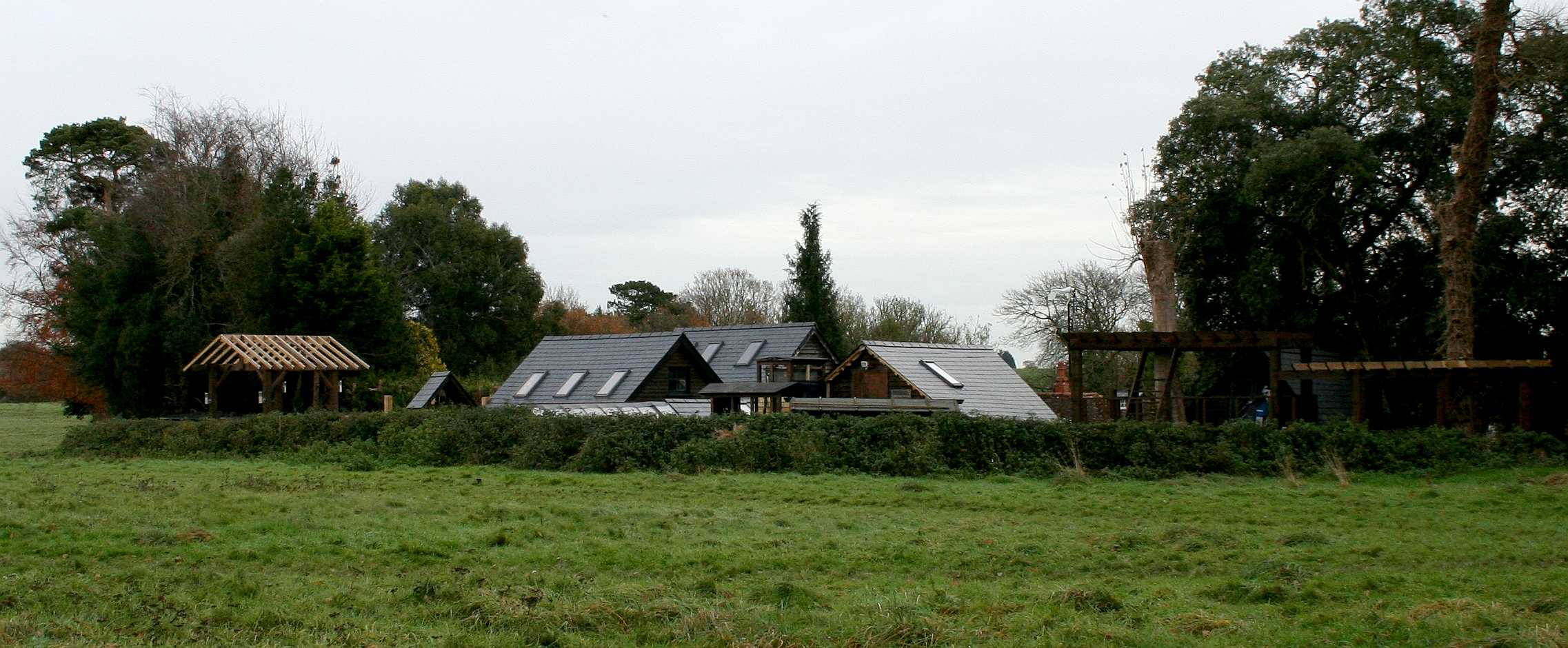
THE
OLD GENERATING WORKS - A fine example of how to change a Brownfield
site into a self-sufficient unit offering accommodation and facilities for
ocean waste research.
CLIMATE
CHANGE IN WEALDEN DISTRICT COUNCIL
The
Climate Change Act 2008 (c 27) is an Act of the Parliament of the
United
Kingdom. The Act makes it the duty of the Secretary of State to ensure that the net UK carbon account for all six Kyoto greenhouse gases for the year 2050 is at least 80% lower than the 1990 baseline, toward avoiding dangerous climate change. The Act aims to enable the
United Kingdom to become a low-carbon economy and gives ministers powers to introduce the measures necessary to achieve a range of greenhouse gas reduction targets. An independent Committee on Climate Change has been created under the Act to provide advice to UK Government on these targets and related policies. In the act Secretary of State refers to the Secretary of State for Energy and Climate Change.
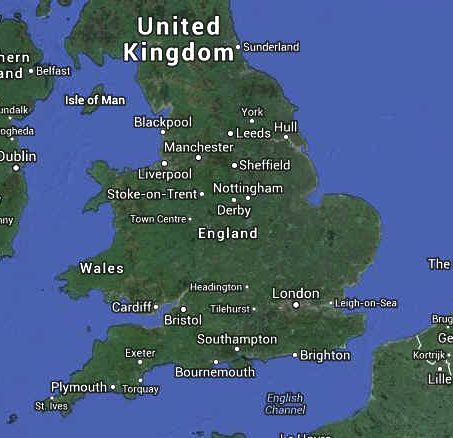
ENGLAND
- GOOGLE MAPS
LINKS
https://en.wikipedia.org/wiki/Climate_Change_Act_2008
http://www.legislation.gov.uk/ukpga/2008/27/section/1







